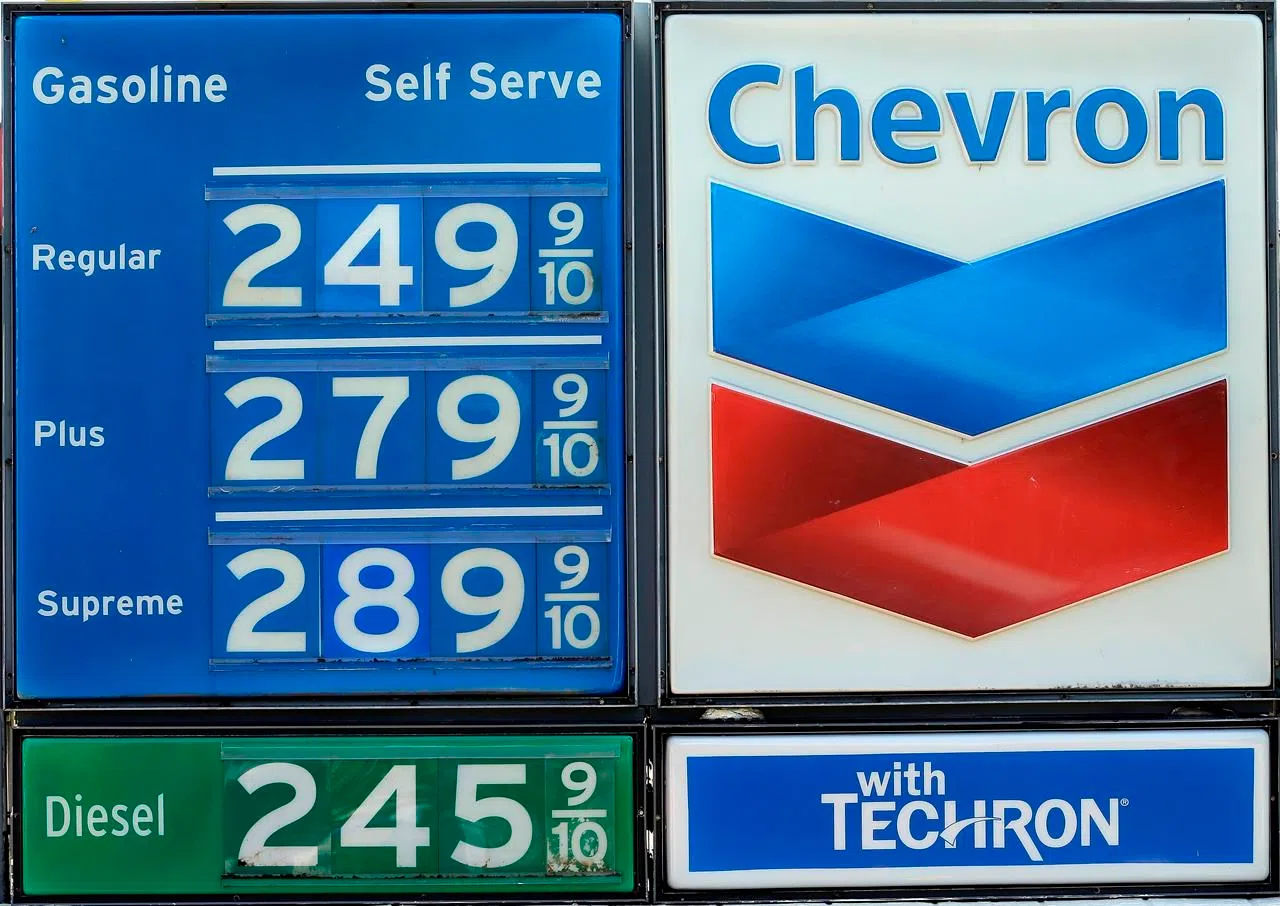
Consumer prices rebounded 0.2 per cent in April
WASHINGTON — Consumer prices rebounded moderately in April as energy prices climbed back up after a sharp decline in March.
The Labor Department says consumer prices rose 0.2 per cent after a 0.3 per cent drop in March, which was the biggest fall in more than two years. Energy prices rose 1.1 per cent after tumbling 3.2 per cent the previous month.
Core inflation, which excludes the volatile food and energy categories, rose 0.1 per cent. Over the past 12 months, inflation is up 2.2 per cent. Core prices have risen 1.9 per cent.
It’s the first time the core inflation index has fallen below 2 per cent since October of 2015.
